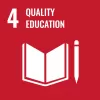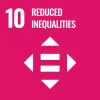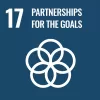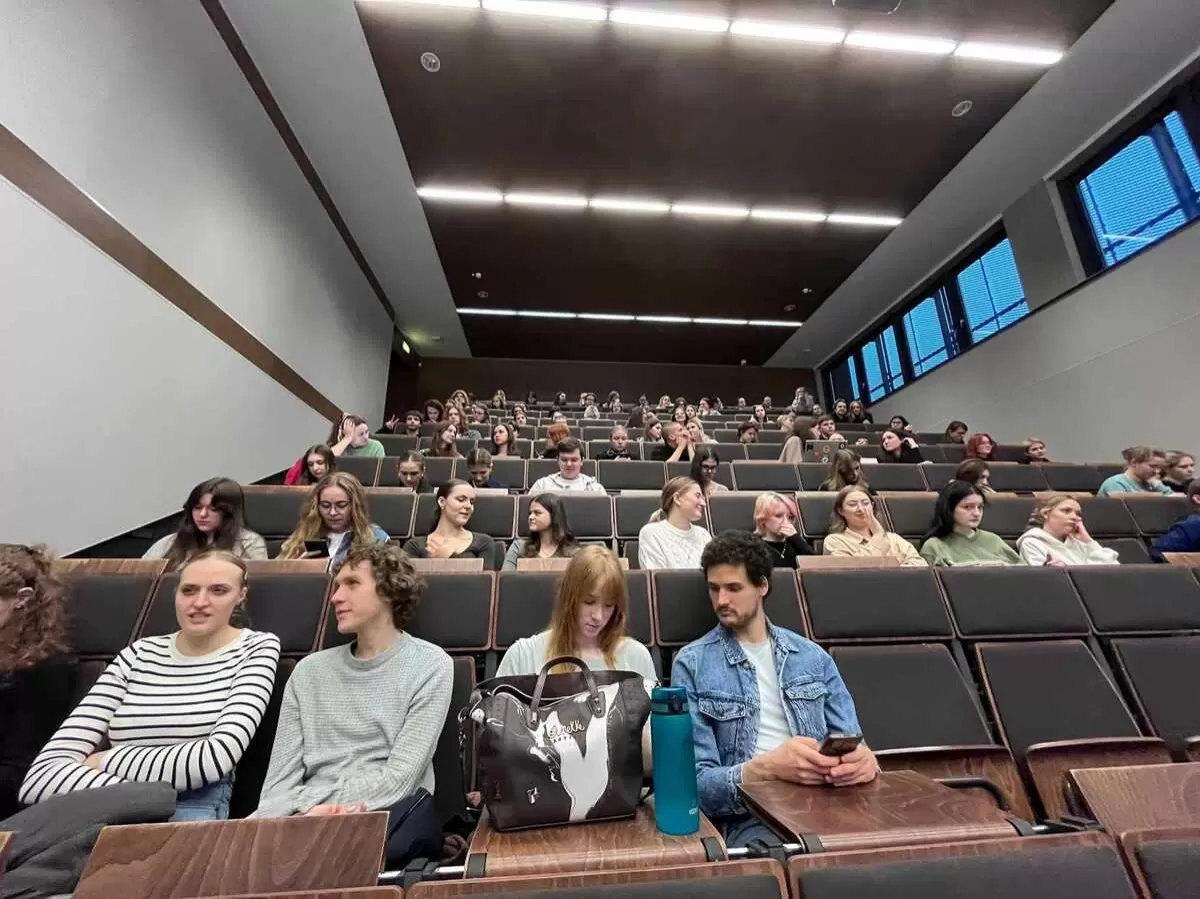29/02/2024
Poland
participants
As the recruitment calls at our University are approaching, the goal of the initiative was to provide information, tips and testimonials about Erasmus exchange from peer perspective. Some Faculties hold Info Sessions but they tend to focus on a formal side of Erasmus+ (how to apply, OLA etc.), but we noticed that local students lack the personal, more social aspects of such meetings that are organised by their peers. We targeted local students and, what’s important, also full-time international students who also have the right to go on Erasmus mobility, what they usually are not aware of. By creating a comfortable atmosphere and sharing personal struggles and experiences we hoped to promote participation in mobility programmes, their short- and long-term benefits. Having in mind that due to many personal reasons, going abroad for longer period of time for some people is not possible, we aimed to showcase that Europe is full of diverse mobility programmes that are not always long-term and do not require student’s status.
Having organised a second part of an initiative, where we involved “freshly arrived to Poznań” exchange students that participated in Welcome Days, we wanted to on one hand show local students what it feels like to be in an intercultural environment and showcase the benefits and importance of internationalisation at home and on the other hand to make exchange students’ first days in Poland already to be filled with local community interactions. Such mix of participants, apart of bringing fun component, provided a practical view on international motilities and their advantages.
Activity was divided into 2 parts. On the first day (27.02) we held a seminar/ interactive open session regarding international exchange opportunities that our university has to offer.
We had two sessions happening at the same time – one for Polish speakers, so mostly Polish students, and one for English speakers, for full-time international students. Having an English-speaking group was important for us as we are trying more to reach this target group who might be struggling with university life and enjoying benefits of it due to lack of Polish proficiency.
The sessions, although happening in different rooms, followed the same agenda.
We firstly went over the history of Erasmus programme (smoothly mentioning also about the upcoming EU elections 2024 and showcasing that the future of Erasmus, and Europe in general, is in their hands as well, as by voting they could have direct impact on the EU Parliament election turnout), presented the general rules (who can apply, where they can travel to, grant info etc.) and shared personal success and failure stories in order to provide a reliable and sincere view on the programme. Then we had an interactive part where participants got to speak out by writing their worries, doubts and questions on the flipcharts. We then divided participants into smaller groups, enabling them to discuss those topics among themselves. After discussions we went to open session where in plenary we went over everything that might have not been clear so far.
We also underlined that not only study exchange brings a valuable experience but there are also other options to go abroad, such as internships, work – away, European Solidarity Corps, Youth Exchanges etc. It was especially valuable to provide such information as some students might finish soon their studies without being able to go on Erasmus for studies, so they are aware that a mobility must not only be study-oriented.
We also presented the available resources that ESN has which can support them along their mobility experience – the Erasmus: A Complete Guide, ESNcard, erasmusintern.org
The session ended with an informal coffee break where students could use it to interact with each other but also to ask some additional questions to our volunteers in private.
The number of participants on day 1 reached around 120 students
On the second day (29.02) we organised an intercultural meeting bringing local university students (including full-time international students) and freshly arrived exchange students that participated in Welcome Days. This session aimed to strengthen intercultural competences, interest in international mobility and knowledge about them by organising interactive activities and games. We introduced such simple game as Bingo, where apart from standard tasks (e.g. find someone your age etc.), we introduced some questions about mobility programmes and their benefits (e.g. find someone who can explain what Erasmus Student Charter is or find someone who can explain what benefits have their mobility brought) – by such mix of questions we wanted to push a bit for more in-depth thinking and self-reflection, hoping that such peer-to-peer experience will prompt more interest into topic, resulting in an actual mobility.
As a part of another activity, we asked international students to take stations, creating a form of a mobility fair, which local students could use to ask about their potential Erasmus destinations.
The meeting was of course accompanied by food that made the experience more enjoyable but also encouraged participants to hold small talks during coffee breaks.
The number of participants on day 2 reached around 85 students.



This activity is part of the project:
Erasmus Generation in Action (EGiA)
